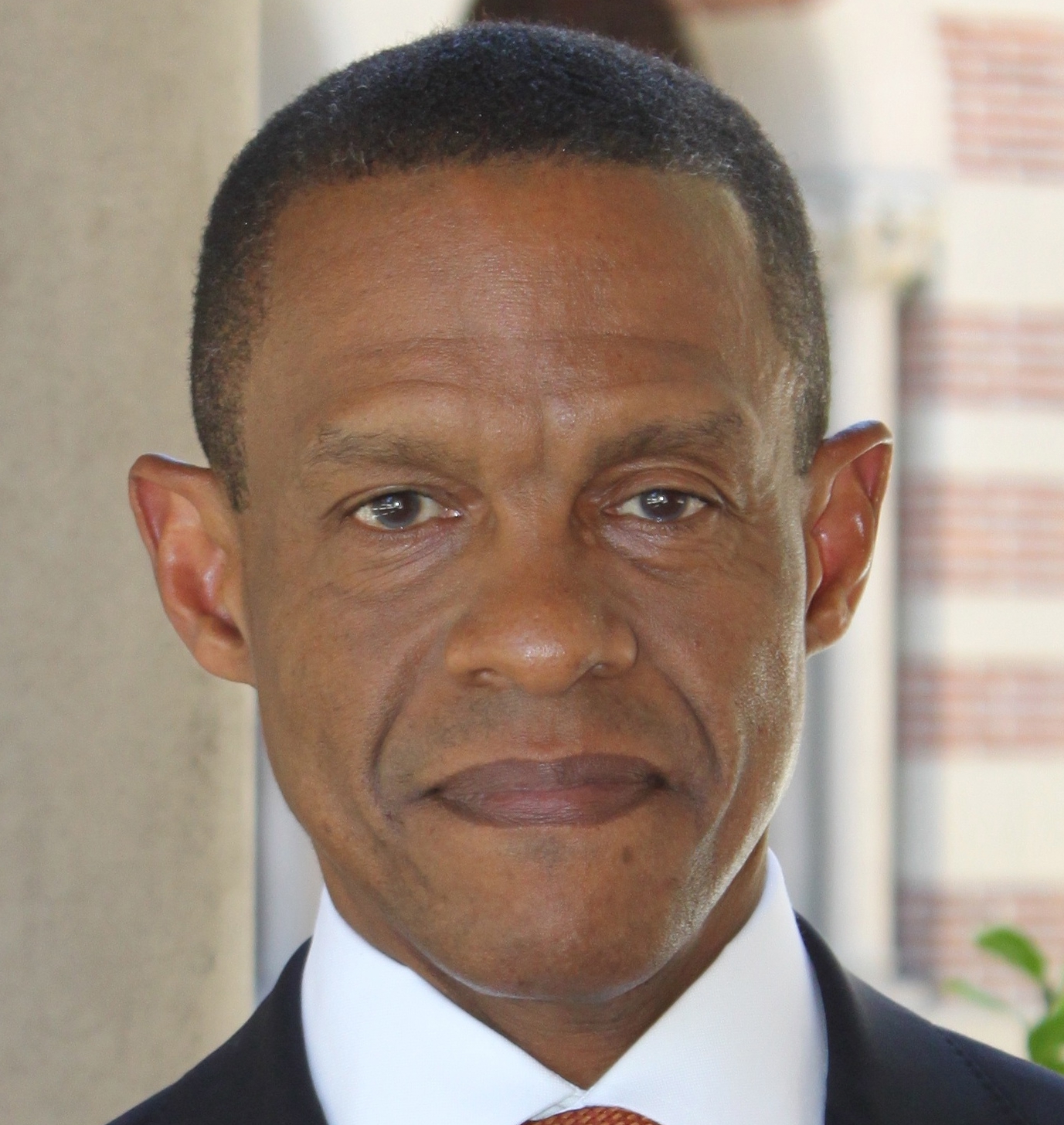Paris Spotlights Soft Target Security
By William Flynn
The tactics used in the attacks in Paris last week require a recommitment in the homeland to heightening our vigilance of potential attacks. To support this, what were the tactics, techniques and procedures used in the Paris attacks from which we can draw applicable lessons for the United States?






